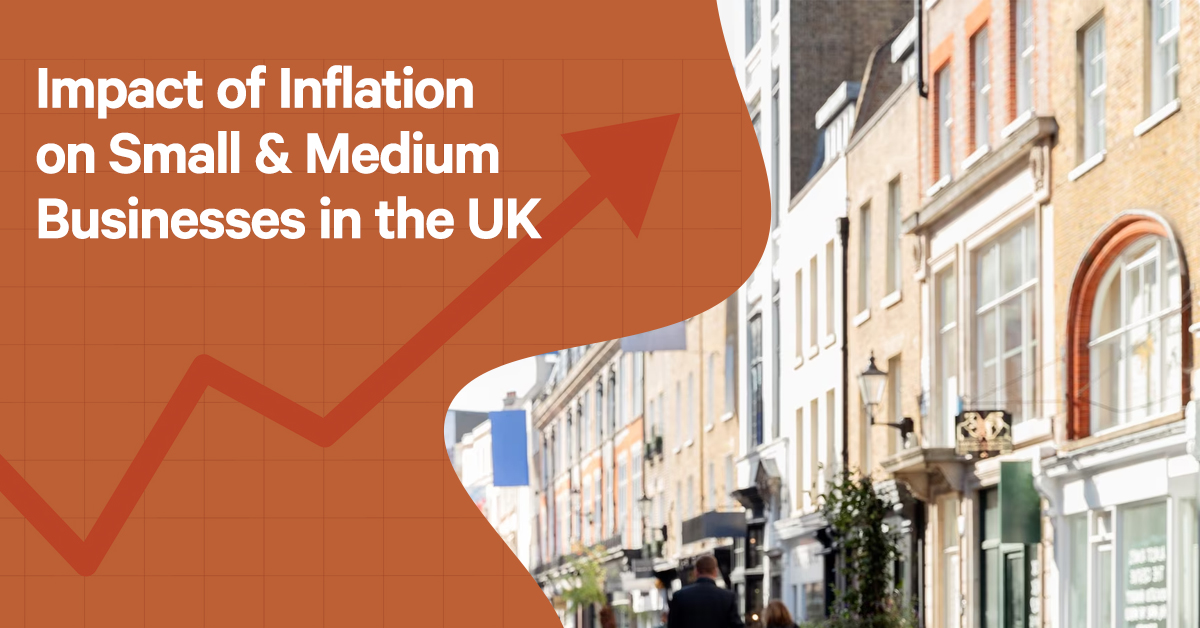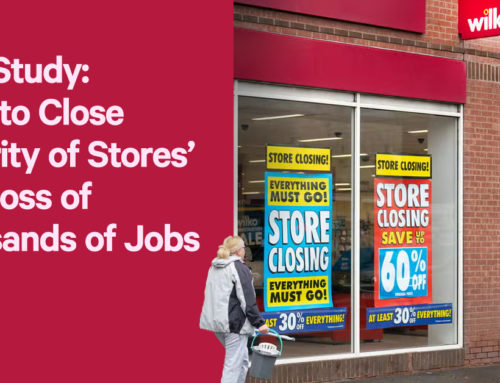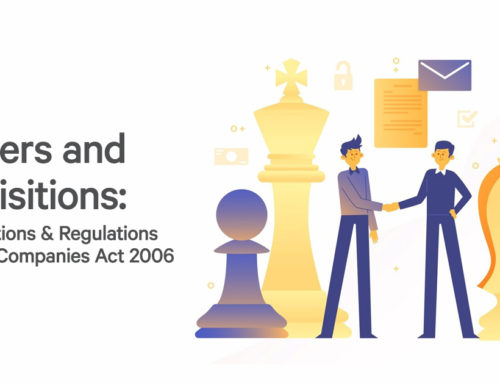The UK economy is struggling at the moment for a number of different reasons but one of the largest contributing factors is the increased rate of inflation. The UK is currently experiencing an incredibly high rate of inflation and this is having an impact on organisations and businesses everywhere. So, with that in mind, it’s worth discussing what inflation is and how it affects small businesses.
What Actually Is Inflation?
Let’s start with one of the biggest questions, what is inflation? It’s a term that gets thrown around a lot but do people know what it means? Inflation is a common feature within the economy and as a general rule, it encourages spending. This is because if prices are expected to steadily rise over time, then consumers are a lot more tempted to buy goods now as opposed to waiting for them. Inflation is hard to handle though as sometimes it can be too low (which means that the common consumer would be put off spending their money) or inflation can be too high (which means it becomes hard for organisations to set a price that they can profit from). This is where the dilemma for organisations in the face of inflation comes from.
Inflation is Rising, Why?
Ever since the coronavirus pandemic and subsequent lockdowns in 2020, inflation has steadily been rising. It wasn’t until late in 2021 that economies steadily started to open up and people across the globe were able to properly spend their money again. In the face of such a spike, the demand for various goods all over the world increased, which meant that businesses were faced with increased pressure, as were their supply chains. As a result of this increased demand, the price of goods across the board began to rise.
On top of that, throughout the pandemic, a lot of people decided that they would like to change their jobs. There were massive shifts in the labour market and as such, higher wages are being paid, so businesses need to increase their prices in order to keep up with these increased labour costs. The increased costs are naturally passed on to the consumer eventually.
Another contributing factor was the 2022 war in Ukraine, namely the sanctions that were placed on Russia as a result. These sanctions have led to more pressure on EU and American-based fuel and food companies, which once again leads to an increase in prices. A lot of countries before the war relied on Russia for their oil and gas, so once these imports were banned, people had to look elsewhere.
Is Inflation Related to Interest Rates?
Yes, inflation is related to interest rates. In order to combat inflation, the Bank of England takes to increasing the country’s base interest rate. This has a number of different effects, in that it makes borrowing money a lot more costly, which means the majority of consumers are encouraged to save as opposed to spending. Since the previous financial crisis, the interest rate in the UK has been relatively low, so people have been more keen on spending and investing in different assets. That being said, with inflation constantly increasing (currently above 9%) the Bank of England needs to combat it and gradually raise their interest rates. This has been happening over the last year, so at the moment, they are quite high. The increased interest rates impact repayments on loans and also mortgage repayments. The Bank of England increases interest rates in order to reach a target rate of inflation of 2%. It states that the target rate is there in order to increase stability, which helps “everyone plan for the future”.
The Current Rate of Inflation
So, what is the current rate of inflation? You can check it by looking at the Bank of England which releases a figure every month. This rate measures how much various prices have risen over the past 12 months. Naturally, this figure is constantly changing which means that depending on the time you read this article, the amount could have altered in a large way. If you want to know what the current rate of inflation is then be sure to check it out by visiting the Bank of England’s website.
In What Way Does Inflation Impact Businesses?
There is no doubt that inflation has an impact on businesses, not just consumers. As previously stated, as inflation goes up, wages increase because employees need to be paid more in order to compensate for the increasing price of inflation. There are also supply pressures which impact businesses because they need to pay more in order to buy different materials and products that their organisation relies on. Businesses also commonly need to wait longer until stock becomes available and then they need to brace for increased shipping costs as a result of the lack of stock.
If a business is suffering because of inflation then it is important that they:
- Audit prices
- Audit costs
- Come up with new plans and plan better forecasts
If you take these steps then you are putting your organisation in a better position when it comes to tackling the issues that your organisation may well be facing. Increased inflation and interest prices make it harder to function and as such, it is vital companies stay on top of them.
Does Your Business Need Help?
If your organisation needs assistance in the face of climbing inflation rates then it may be worth your time reaching out to various experts. At Leading UK, our team of experts are also happy to help businesses that are struggling financially by better understanding your position, your proposed way forward and whether or not it is feasible. If you have any further questions which pertain to increased inflation and how it might impact your business or need advice on how to move forward then do not hesitate to get in touch and Leading UK will be happy to help.






